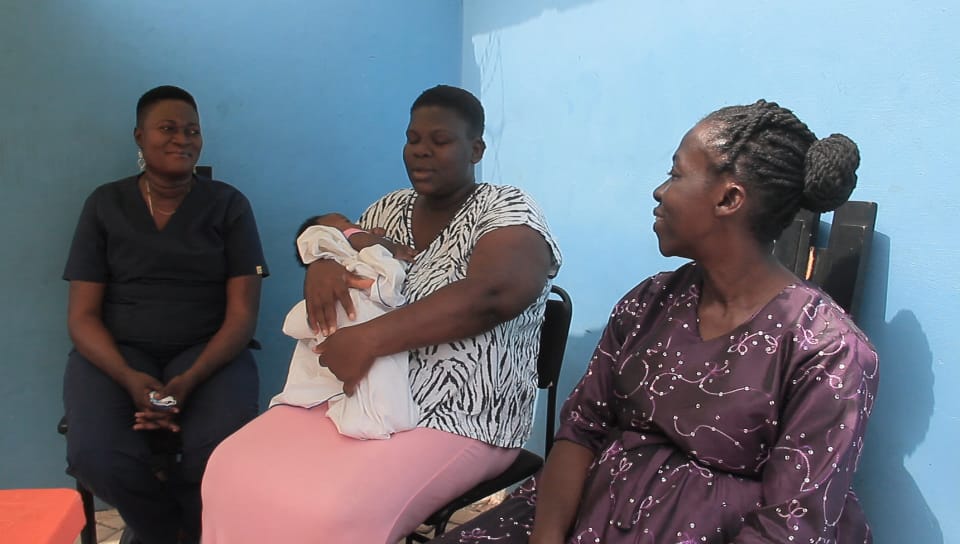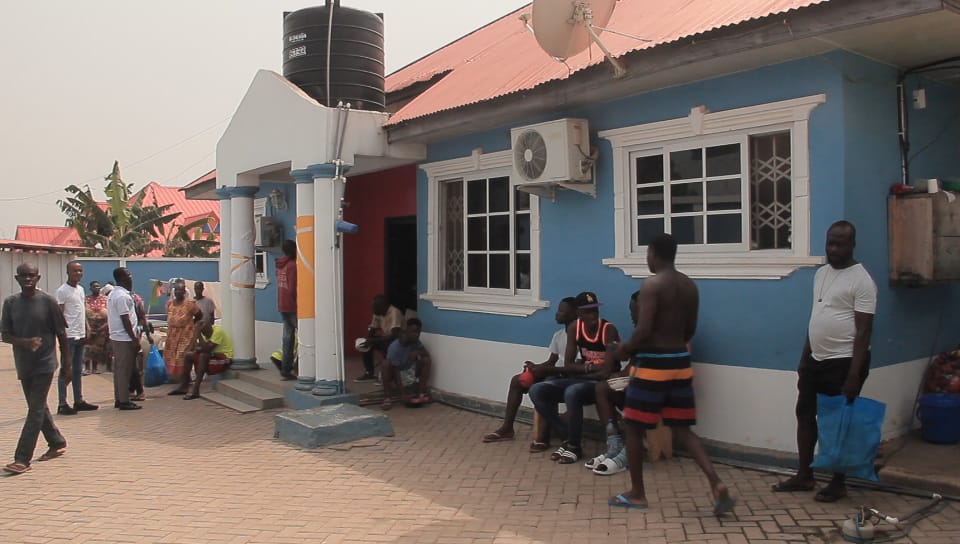After months of attempting to repatriate a Nigerian citizen through the Embassy in Ghana, the Commissioner and other officials don’t seem ready to facilitate the nursing mother back home.
The Willingway Foundation took custody of Blessing Okoye from the streets of Kumasi, Ghana’s second-largest city, while she was seven months pregnant.
The 32-year-old woman has been in the charitable organization’s care and charge since August 2022.
Blessing was enticed to Ghana by some friends who promised her jobs and other exciting experiences, but she later developed a mental illness, which tragically crushed her dreams of living in Ghana.
Blessing, who is now in stable condition, wants to bring her lovely daughter back to Lagos, but she has been unable to obtain assistance from the Nigerian Embassy.
Lydia Abena Manu, the founder and executive director of the foundation, stated that despite sending numerous emails and visiting the Embassy with a letter requesting assistance, the officials appeared uninterested.
“Two weeks after picking her, we went to the Embassy, we sent a letter, we drew their attention that there’s somebody like that in our facility but we haven’t heard from them. We keep sending them mails and we haven’t heard anything from them,” she said.

Mrs. Manu added that the action is being taken to reunite some of the patients who are in stable condition with their families.
She stated that in addition to the Embassy, they also got in touch with the Nigerian Committee branch in Kumasi where the lady’s information was obtained, but there hasn’t been a reply as of yet.
Mrs. Manu pointed out that while mental health is a serious issue in Ghana, previous administrations and the general public have not given it much attention.
People’s misconceptions and other beliefs, according to her, have made the situation even worse because they think mental illness and spirituality are related.
“The perception of mental health in Ghana is so bad, and it’s so poor because many people don’t pay attention to mental illness because people have their own misconceptions about it. They believe it’s a spiritual disease, they believe the people are paying back some bad things they did in the past, so because of that people are not willing to support,” she indicated.
Given the high cost of food and medical supplies, Mrs. Manu indicated that feeding and treating patients with mental health issues is very difficult and stressful.
She made an appeal to the general public, charitable organizations, and the government to help them rid the streets of mentally ill people.
The Ashanti Regional Mental Health Coordinator, Mrs. Faustina Nuako, stated that although her organization has made efforts to remove mental health patients from the streets, they are being hampered by financial issues.

According to her, despite numerous requests for support being made to the Kumasi Metropolitan Assembly (KMA), none of them have been successful.
“I have those proposals there, in fact we sat down and wrote it with them but at the end nothing came and this is not the first time, it’s because we love the job. Sometimes you will become frustrated and may even want to leave,” she said.
She cautioned people to treat mental illness seriously and not attribute it to witchcraft or other forms of spirituality.
In order to improve Kumasi, Mrs. Nuako also urged the public to help the Regional Mental Health Directorate and the Willingway Foundation grow and treat a lot more mental health patients.





